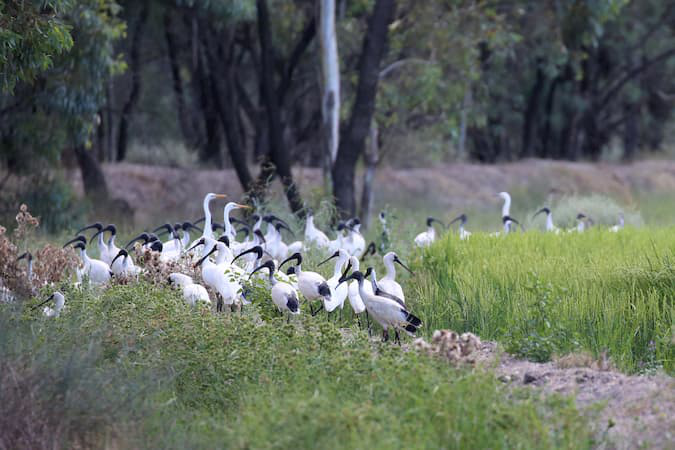 NFF sustainable Development Committee and Climate
NFF sustainable Development Committee and Climate
Three one hour meetings have been held in August.
The key discussions have related to the Commonwealth Environmental Protection and Biodiversity Act Samuels review. Since its inception in 1999 the act objectives have been to:
- provide for the protection of the environment, especially matters of national environmental significance;
- conserve Australian biodiversity;
- provide a streamlined national environmental assessment and approvals process;
- enhance the protection and management of important natural and cultural places;
- control the international movement of plants and animals (wildlife), wildlife specimens and products made or derived from wildlife;
- promote ecologically sustainable development through the conservation and ecologically sustainable use of natural resources;
- recognise the role of Indigenous people in the conservation and ecologically sustainable use of Australia's biodiversity; and
- promote the use of Indigenous peoples' knowledge of biodiversity with the involvement of, and in cooperation with, the owners of the knowledge.
The act is usually applied to new land developments and changes in land management e.g. farm production system changes. The Samuel’s review recommends a streamlining of approvals by delegating the role to the states where both state and federal regulation can be dealt with by the one agency. The review also recommends fast tracking the development of a set of National Environmental Standards. The NFF is concerned how these can be developed to be appropriate for each region in the country and if used what the impacts may be on farming activities. Currently the NFF committee is meeting weekly so that ongoing feedback is given to the NFF who sit on a committee advising the department on amendments to the act. The committee focus has been to advocate for a one stop shop approach to obtaining information and approvals, accurate vegetation and habitat mapping and payment to farmers for protecting and enhancing habitat.